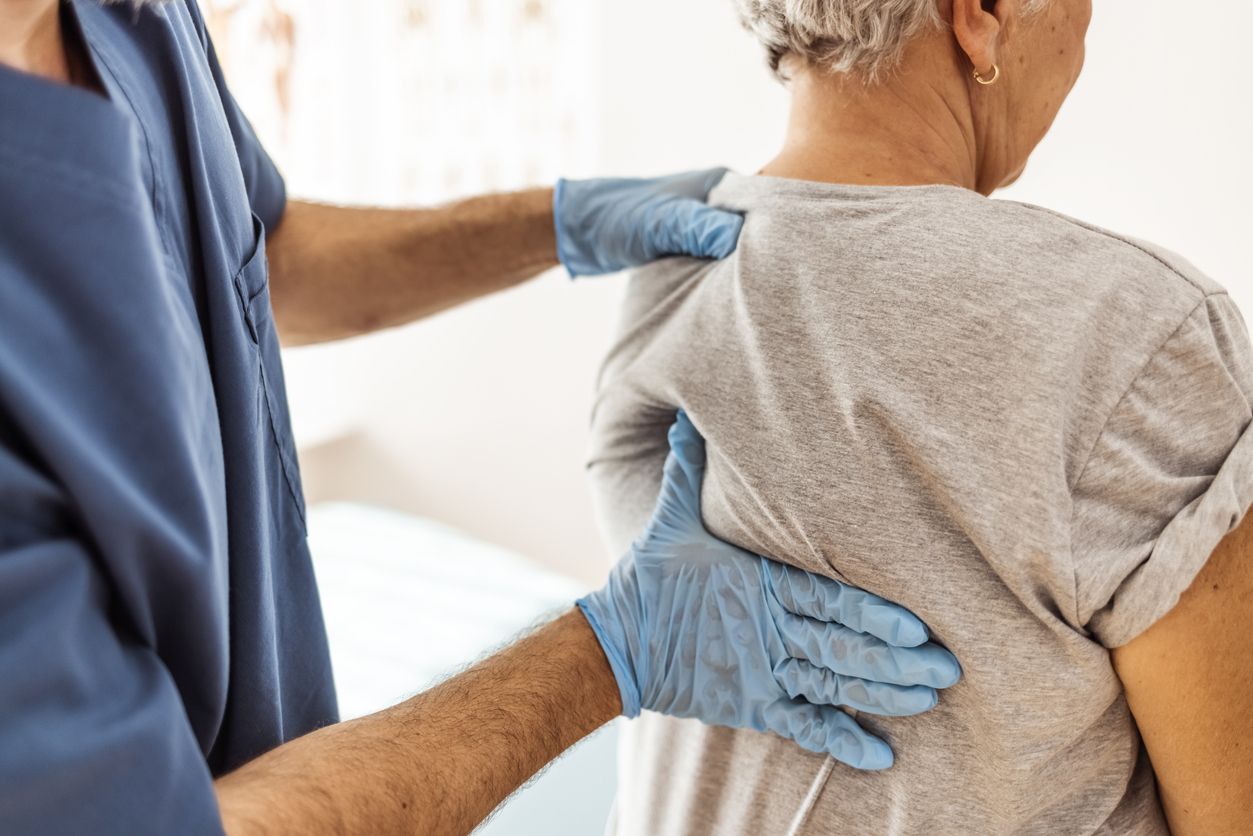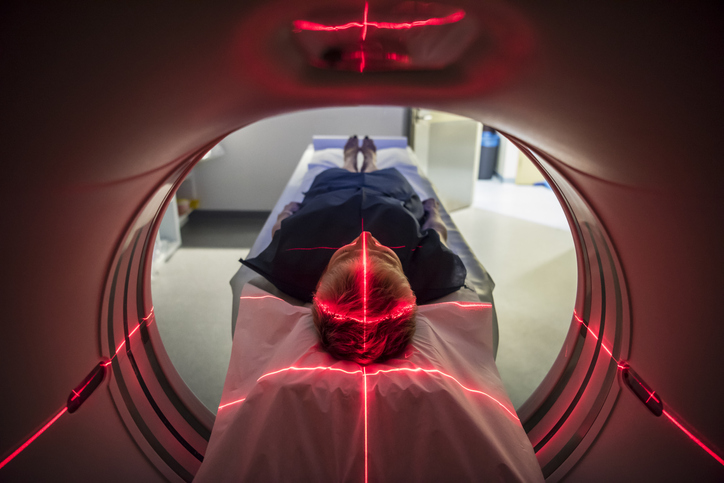Opioid Epidemic
Tips for Recovering Addicts Following Surgery

Addiction is a chronic dysfunction that involves the reward, motivation and memory systems in the brain. To separate addiction from other neurological disorders, experts say that four factors must be present. These four factors, compulsion, craving, consequences and control, are unique to addiction.
Avoiding triggers and situations that could lead to a relapse is challenging. This is especially true following a surgery. Opioid pain medications are typically not a viable treatment option for individuals in recovery from addiction; however, they may be necessary. Ask your provider about other pain management options. Below are helpful tips for those with a substance abuse disorder to control pain following surgery.
Be honest
Don’t be afraid to discuss past addiction with your health care provider. Be honest about your history of substance abuse. This can ensure a treatment plan is made in advance that is appropriate, safe and effective.
Try non-opiates
It may be beneficial to try non-opioid medications before resorting to opioids. This could include over-the-counter NSAIDs, COX-2 inhibitors, peripheral nerve block, or other medications, such as gabapentin.
Formulate a plan
If opiates are the only option, a plan should be developed to take the lowest dosage for the shortest time possible. Discuss with your health care provider about taking acetaminophen, gabapentin and celecoxib before the surgery, along with anesthesia with ketamine and a nerve block during surgery, as this may reduce the likelihood of needing opioids after the procedure. Inquire about other options that may be recommended.
Utilize community care
Ensure that at least one other person knows about your surgery and history of addiction. Ask them to check on you periodically as you take medications throughout the day. It can also be beneficial to have someone else in charge of administering the medication to minimize the risk of taking more than prescribed.
Dispose of extra medication
If extra medications are left and not needed, dispose of them. They can be properly disposed of in a variety of ways, including taking them to pharmacies, police stations, or hazardous waste collection. Safe ways to dispose of medication varies between Canada and the United States, so research your options. If all else fails, you can dispose of medications in the garbage by adding the medication in a bag mixed with something unsavory, such as cat litter. Medicine should not be flushed or put down the drain.
















